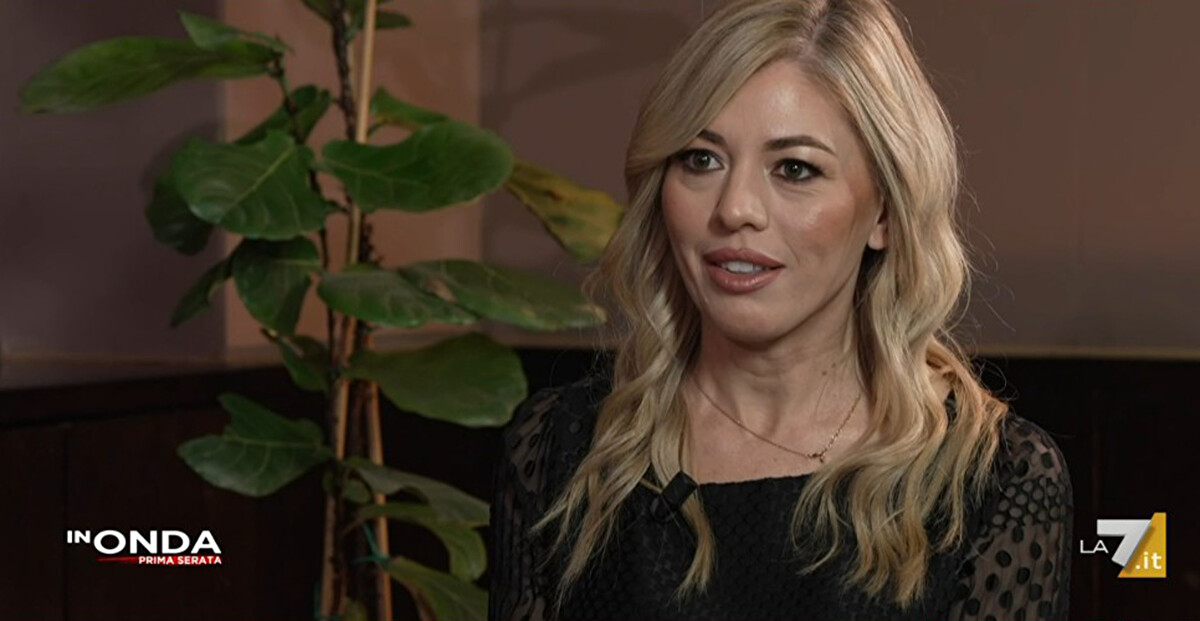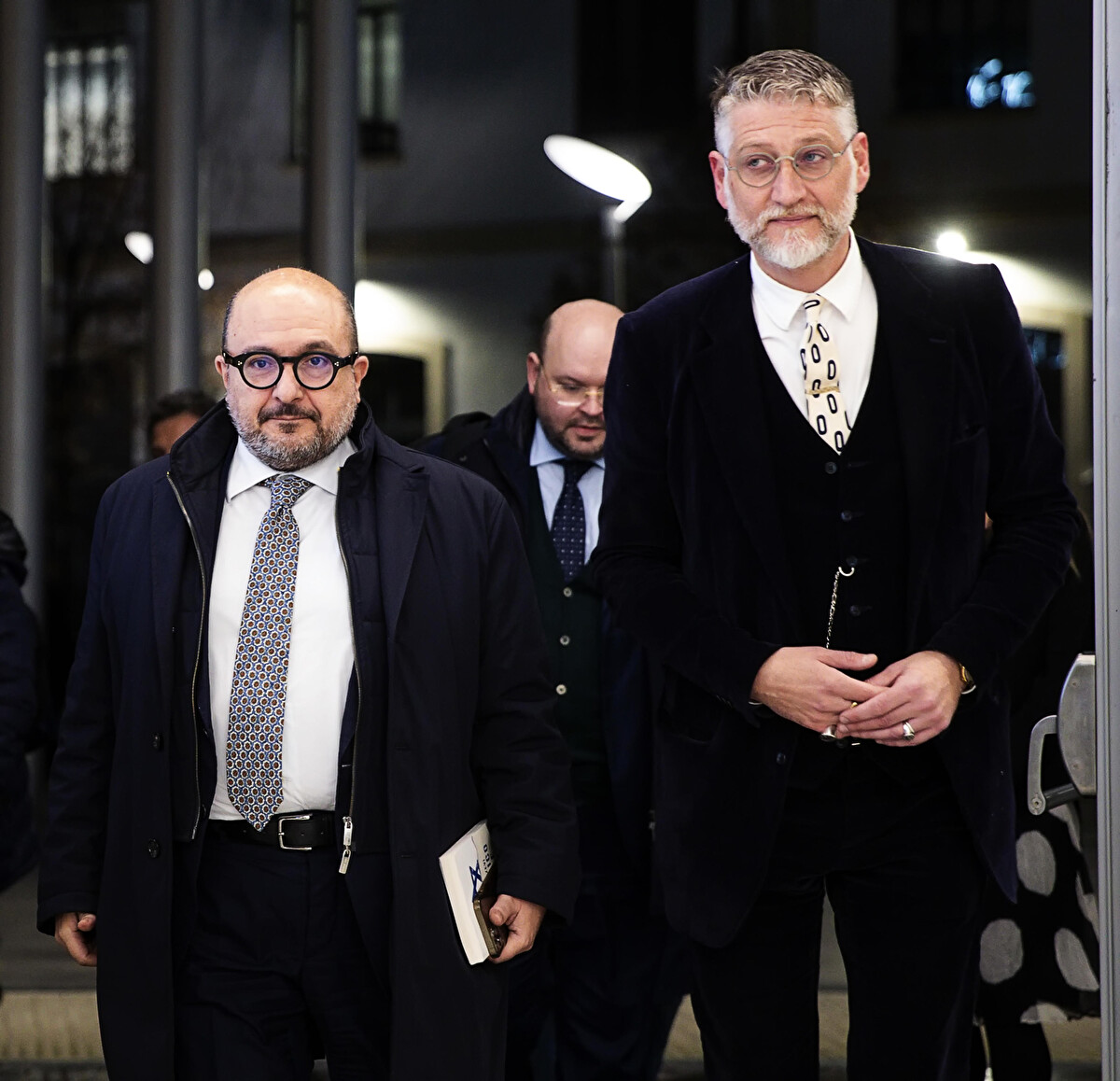It never rains but it pours: after having to resign because of a tacky scandal, former Italian Culture Minister Gennaro Sangiuliano is under investigation for misappropriation of funds. The inquiry from the Procura of Rome concerns the expenses for trips that Sangiuliano took with Maria Rosaria Boccia, a self-described “influencer” whom the minister tried to name as a consultant in view of the G7 culture ministers’ meeting – due to happen in ancient Pompeii next week.

ANSA/MASSIMO PERCOSSI
The whole story occupied the Italian press and social media for full ten days, taking precedence over wars, urgent international matters and the difficult economic fall the right-wing Italian government has to face, writing a budget law full of cuts. People thought Sangiuliano’s and Boccia’s story vastly more entertaining – an opinion prime minister Giorgia Meloni does not share.
It is unclear what relationship the two had, although Sangiuliano (a former journalist from State TV RAI, who is married to a colleague) apparently was infatuated with Boccia, and in the space of a couple of months traveled with her to many cultural sites, before promising her a contract as a consultant for the G7 meeting. Last week, in a long, tearful interview on the State television, Sangiuliano declared Boccia’s expenses were met out of his own pocket, and the consultant’s contract would have been for free.

The whole story came to light because Sangiuliano’s own assistants – probably fearing to be drawn into the unsavory affair – made clear to him that naming Boccia as a consultant would be “a conflict of interests” and brought the matter to the attention of Giorgia Meloni.
However, the prime minister did not immediately ask Sangiuliano to resign, protecting him for several days and claiming the whole story was “a private matter”.
But Maria Rosaria Boccia herself is the true center of the narrative. Skilled in promoting her own affairs – she already had established herself as a free consultant for some events in Parliament – after being denied the promised contract, she started posting reels and stories on Sangiuliano, using Instagram as her pulpit to insist that she wasn’t a show-off nor a fraud, that she really had been involved in the preparation of the G7, implying that she had been part of confidential meetings; that Sangiuliano had paid her expenses, and that several officials at the ministry knew her role perfectly well and had been employed in organizing her trips.
In the last few days her posts have taken a political tone, with open criticism of Meloni’s government. “If whim commands government action, then we are already at the transition to a new form of government: dictatorship” she wrote today. “The preservation principle of dictatorship lies precisely in the whim of the dictator. I am determined to prove the truth of my virtue, especially for the sake of the Italian Republic and Democracy.” She says she wants to protect her dignity “as a citizen and a woman”.

The Sangiuliano affair might be considered a farcical late summer oddity, culminating – according to Italian media – in his retreat to a monastery with his wife to patch up their marriage. But it poses several important questions. Voices inside the government have accused the center-left opposition of exploiting Sangiuliano’s weaknesses to attack Meloni (in this scenario, Boccia would be a sort of Mata Hari). The opposition, however, underlines the incompetence of the minister himself (he had a long story of cultural blunders, once suggesting people travel to London to see Times Square), and Meloni’s slow reaction time, and general unwillingness to admit she might have been wrong to name him in the first place.
Managing the huge Italian cultural heritage, material and immaterial, is no small matter. Right-wing parties have been protesting for years that the bulk of cultural affairs in Italy has been “occupied by the left”, while center-left parties underline it is the other way round: there are very few conservative intellectuals in the country, and Meloni had few presentable alternatives to use.
Sangiuliano’s place has now been taken by Alessandro Giuli: born and raised in Meloni’s own political soil, the right-wing youth that used to dream of the Mussolini era, he is today a journalist and the author of several political essays (one dedicated to Antonio Gramsci, founder of the Italian Communist party one century ago, persecuted by the Fascist regime), plus he had been named President of the Maxxi Museum in Rome. Giuli will have the honor to welcome his fellow ministers in Pompeii; at least, they won’t laugh at him behind his back.












